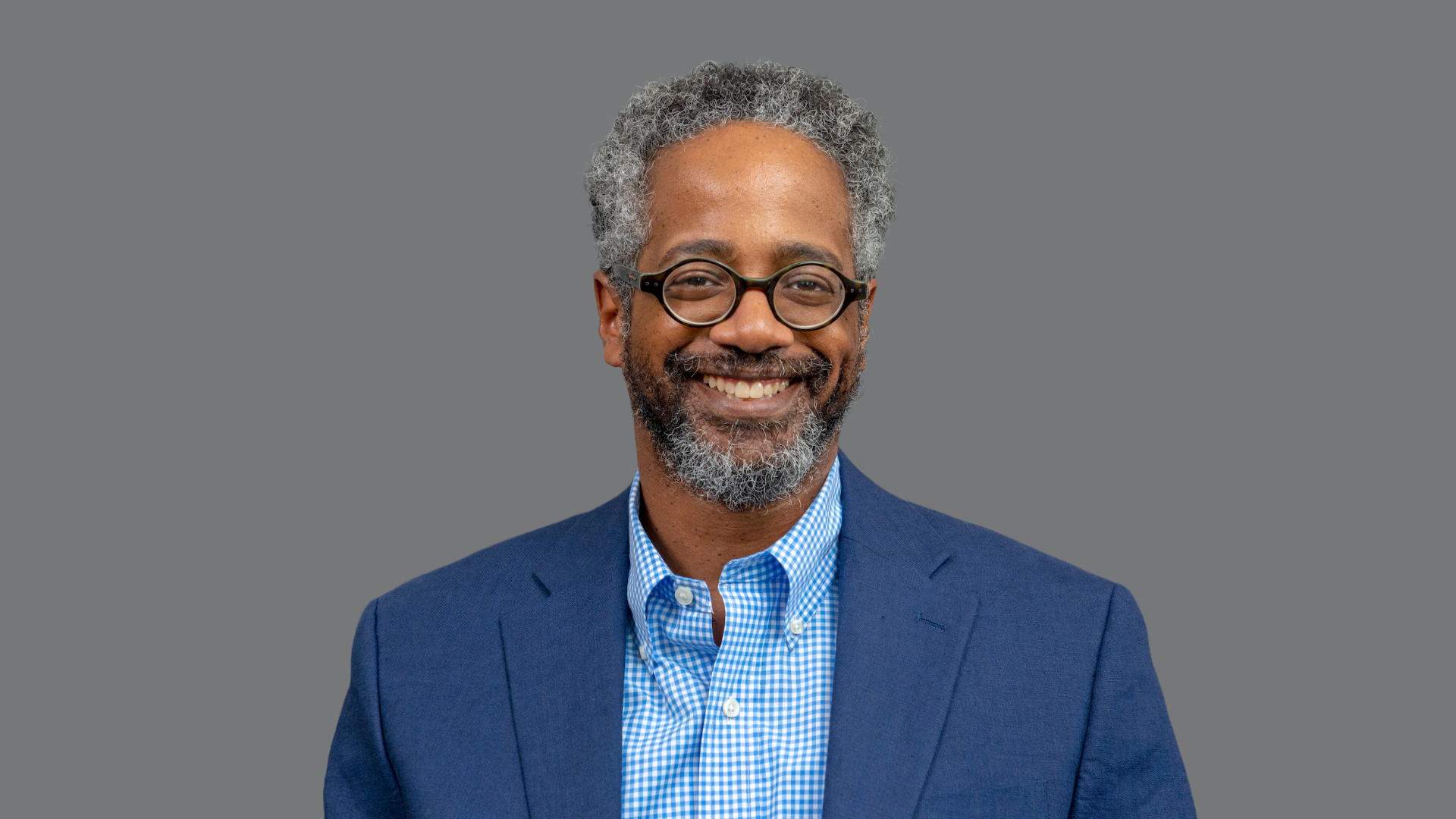New Douglass Center Director on Humanities, History and Expanding Ideas of Leadership
February 03, 2025

Associate Professor of History Quincy Mills on the future of the center.
By Jessica Weiss ’05
When Associate Professor of History Quincy Mills set out to chronicle the history of Black barber shops in the United States, he found himself engaging deeply with Frederick Douglass—not just as an iconic abolitionist but as a thinker whose ideas shaped debates about Black entrepreneurship and freedom. In the 19th century, Douglass famously urged Black barbers to stop catering exclusively to wealthy white patrons, advocating instead for spaces that embodied the autonomy and dignity of free Black men.
Now, as the newly appointed director of ARHU’s Frederick Douglass Center for Leadership Through the Humanities, Mills brings this historical lens to a role honoring one of America’s most transformative leaders.
The Douglass Center, now in its second year, fosters conversations about leadership rooted in humanistic thinking and values in the 21st century. Through diverse learning and funding opportunities, public events and community engagement, it connects teachers, activists, artists and others committed to social change.
A steadfast advocate for the humanities’ role in shaping well-rounded leaders and equitable societies, Mills actually began college studying business. While majoring in accounting at the University of Illinois Urbana-Champaign, the Chicago native took a course on African American History in the 20th Century and was, in his words, “enthralled.” He quickly noticed that conversations in his business courses often overlooked what he saw as the most critical element: people—and their relationships with money, work and survival.
This realization sparked a career shift. After earning an M.B.A. and working in insurance for a year, Mills pursued a Ph.D. at the University of Chicago, blending his interests in business and history. His first book, “Cutting Along the Color Line: Black Barbers and Barber Shops in America,” chronicles the cultural history of Black barber shops as both businesses and civic institutions, demonstrating how Black entrepreneurship was intertwined with the broader struggle for equality. He is now working on a new book, “Movement Money: Crises, Relief, and the Economy of Activism during the Civil Rights Movement.”
We recently sat down with Mills to discuss his vision for the Douglass Center and the next chapter of its mission. Here are excerpts from our conversation.
Tell me about the vision of leadership you bring to the Douglass Center.
When I think about leadership, I don’t think about one person moving people along. I think leadership is very much a shared enterprise and endeavor. People can lead from the back; people can lead quietly. I want to expand how the campus community thinks about leadership. It’s not just about a CEO or a university president—high school students can be leaders, too. So I'm going to be thinking expansively about who is included in spaces of leadership to bring more folks in the fold.
How do the humanities factor into that vision?
The humanities are essential—not just to the questions I explore as a scholar but also to the principles that animate me as a person. The Douglass Center has a role in fostering larger conversations about how the humanities help us become more effective, transformative leaders.
For example, a leader should know how to deal with a budget, but numbers don’t tell you much—people do. Leaders need to listen, think and talk with others to understand how cultural values are shaped, formed and transformed. That’s what leadership should center on.
What excites you most about the next chapter of the center?
I’m thrilled to work with Dean Stephanie Shonekan and our two amazing graduate assistants, Amber Johnson and Jessica Rucker, to build on the incredible work they and GerShun Avilez started. The center has done a phenomenal job bringing the broader community to UMD, and I’m excited to find ways to involve the campus even more.
My research on barber shops is ultimately about the importance of public spaces—how the public and private merge. Barber shops often broke down class hierarchies. I see the Douglass Center fostering similar dynamics, creating spaces for transformative dialogue and exchange. Our motto is Learn, Lead, Liberate. We will lean into this ethos.
What upcoming offerings can folks look forward to?
First, we’ll continue building momentum with the summer humanities institute for teachers. It’s been a great success, and I’m excited to see where it can go.
Second, we’re excited to host more events in our “Lessons in Leadership” series, especially given current fights for immigration rights, reproductive justice and other pressing issues. We want to bring key leaders in these movements to campus for meaningful engagement.
Third, in addition to our current faculty and graduate student fellows, I’d love to introduce community fellows to the center. These could be grassroots organizers or national leaders who collaborate with ARHU faculty, learn from our expertise and share their own knowledge with us.

